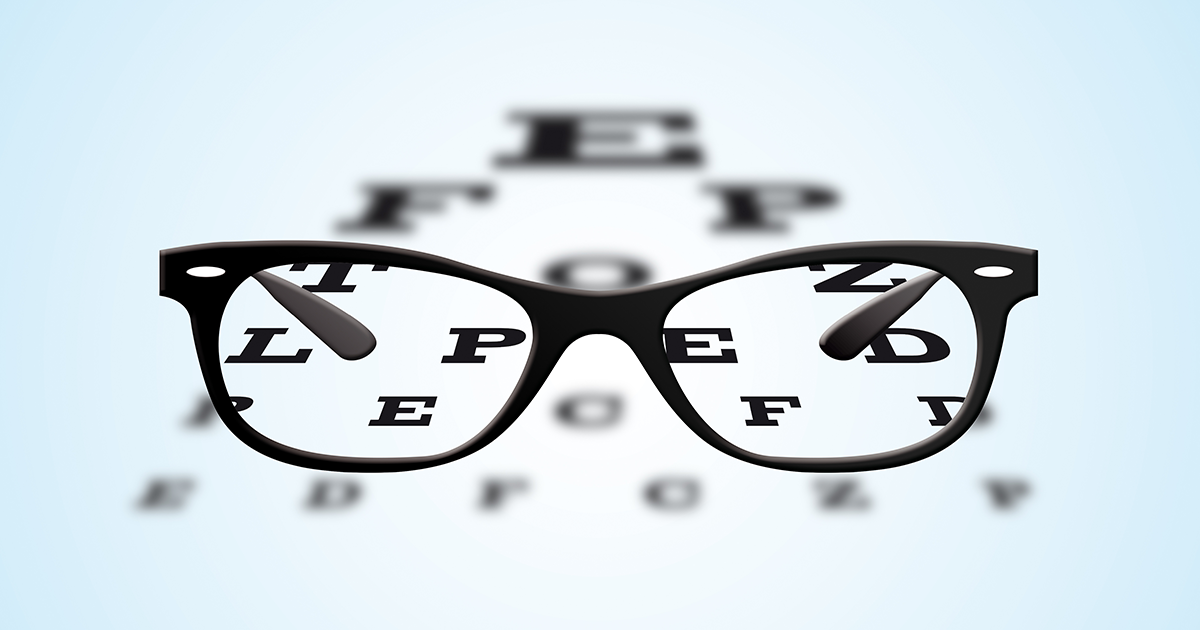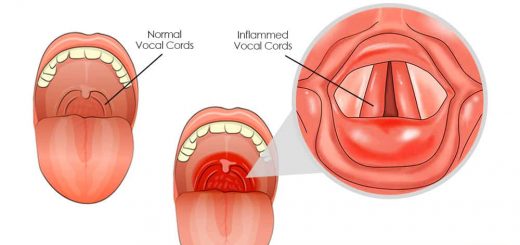Why You Should Always Keep an Eye on Your Eyes
Going to the doctor, going to the dentist – it’s all part of health care. But how about going to the ophthalmologist? That’s equally important! Eye exams are an essential part of maintaining and evaluating overall health for adults and children alike. Unfortunately, it can be very easy to forget or put off an eye exam at a licensed ophthalmologist. Many people think that as long as they can see clearly and don’t notice any alarming vision symptoms, there’s no need to schedule a regular eye exam… until they get their first pair of glasses or contact lenses and the world is much more lucid, from the small print to road signs.
Your eyes should be regularly checked to ensure that you can see as best as possible. Regular eye health exams will also check for signs of eye disease or conditions that can affect not only your vision but your overall health. Vision and eye health are such a critical part of learning and development. Therefore, we highly recommend eye exams for infants and children.
Vision Screening vs. an Eye Exam

A vision screening is probably included as part of your annual physical examination or as part of your driver’s license renewal. During this screening, you are asked to read aloud the letters on the Snellen chart, alternately covering each eye. Chances are that you will get an impressive 20 to 20 result each time, making you think you have perfect vision. However, this assumption may not be correct.
These screenings are also known as visual acuity tests and are part of a comprehensive eye exam. Visual acuity tests are performed to measure the sharpness of your vision. When you get a result of 20-20, it means that you can actually see objects clearly and that your eyes are functioning acceptably. If you get a poor result, you may be advised to see an eye doctor immediately.
Your Eyes’ Condition Can Also Help Uncover Other Health Problems
Eye problems can also be related to other health problems. For example, diabetes is actually the leading cause of blindness in many countries. If you have uncontrolled or undetected diabetes and frequently have high blood sugar levels, you may have blurred vision. You may also have difficulty seeing clearly at night, making driving very dangerous. When you have your eyes checked and the doctor finds that you do not have a physical problem, they can refer you to a specialist who can test you for diabetes.
Besides, your eye condition may also indicate that you are at risk of a stroke. Other conditions related to vision problems include multiple sclerosis, high cholesterol, and sleep apnea. Blurred vision is also one of the migraines, lupus, psoriasis, Lyme disease, and bluetongue.
By having regular eye exams, you take a proactive approach to your visual health and overall well-being. An eye exam will help determine if you need to be seen by another doctor specializing in other health problems you may have.
Undiagnosed Vision Problems Put You at Risk of Accidents

With vision problems, you may not see things around you as clearly as you should. For example, if you have a peripheral vision problem, you are more likely to fall. That’s because your ability to see objects or surfaces on your side is reduced, so your brain cannot determine whether or not you should pay attention to what is around you.
Having your eyes examined regularly by an ophthalmologist or optician in the Greater Toronto Area will help you properly assess your risk of eye disease and vision problems. Regular eye exams also help ensure that all your vision problems are treated and controlled so you can have that well-deserved peace of mind. Contact 3 FOR 1 GLASSES for all your checkups!



